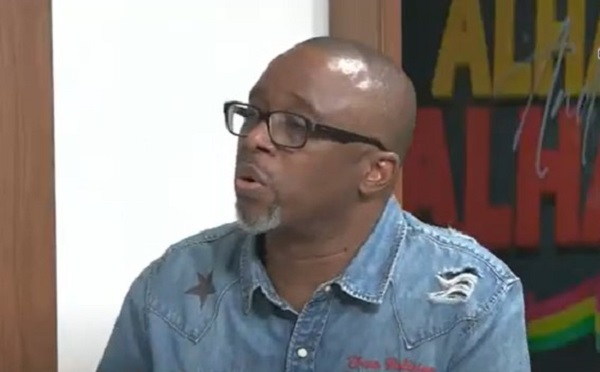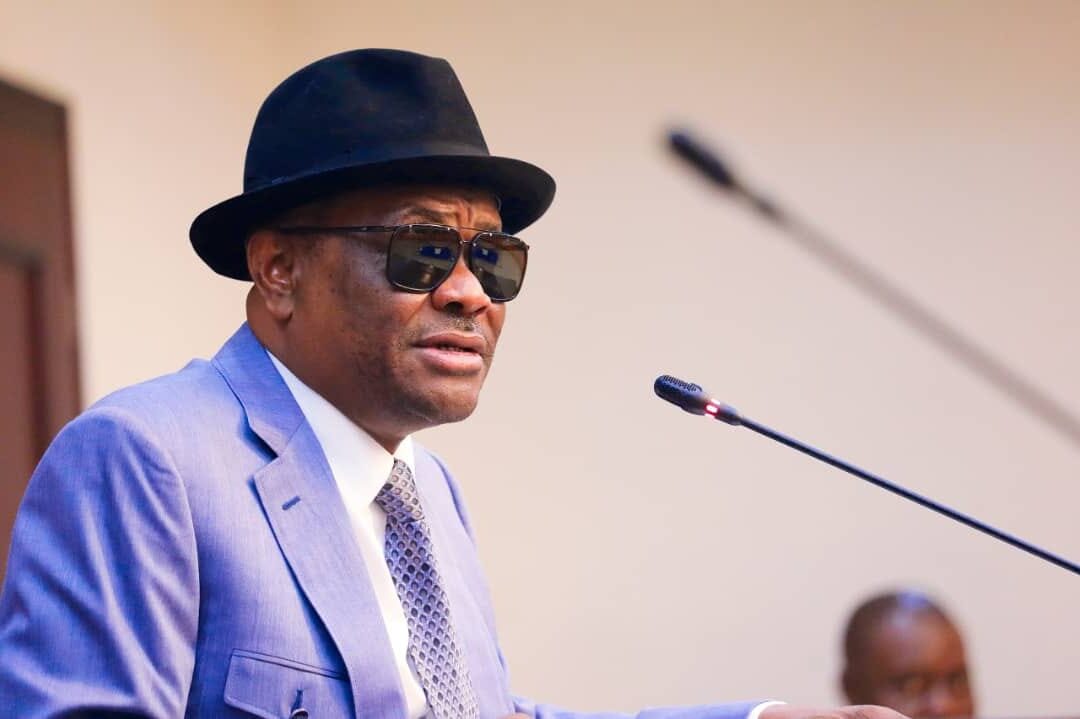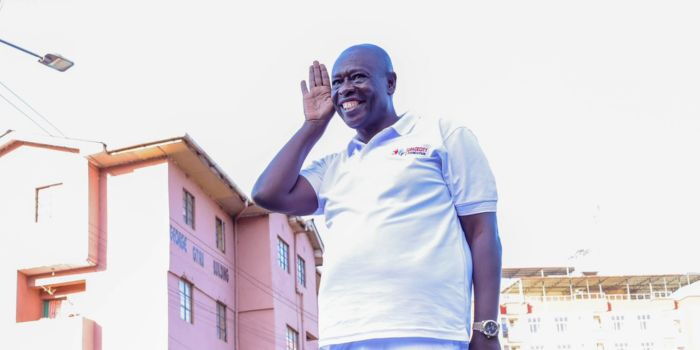Two years of Tinubu's administration: A mixed bag of bold reforms, economic jitters, unyielding optimism
Two years into President Bola Ahmed Tinubu’s tenure, his administration is marking its second anniversary with what it describes as “bold reforms to reset the economy and restore Nigeria’s global economic credibility.” With a flurry of infographics, official statements, and celebratory events, the government paints a picture of progress, resilience, and renewal. But on the streets of Lagos, Kano, Port Harcourt, and Makurdi, many Nigerians speak of pain, hunger, and growing frustration.
Tinubu assumed office on May 29, 2023, with a dramatic declaration that sent ripples through every sector: “Subsidy is gone.” That move alone, in many ways, set the tone for a presidency defined by its willingness to tear up old orthodoxies in pursuit of economic overhaul. In quick succession came a raft of reforms: forex unification, tax adjustments, deregulation of the oil sector, and the liberalization of power generation laws.
The administration claims these reforms have borne fruit. According to official data:
• Over 900,000 small businesses accessed the Presidential Loan and Grant Scheme.
• More than 300,000 students are beneficiaries of the national student loan scheme.
• Nigeria’s GDP grew by 3.84% in Q4 2024, the fastest in three years.
• Foreign reserves surged from $3.99 billion in 2023 to over $23 billion in 2024.
• Nigeria attracted over $50 billion in new foreign direct investment (FDI) commitments.
• 13,500 terrorists were reportedly eliminated through sustained military campaigns.
• A new N70,000 minimum wage was rolled out in September 2024.
At the centre of this drive is the administration’s belief in private capital, fiscal prudence, and structural reform as a path to long-term prosperity. But it’s the short-term fallout that continues to stoke debate.
While Tinubu’s government touts achievements in infrastructure, security, and investment inflows, critics argue that his reforms have disproportionately hurt ordinary Nigerians.
“The statistics sound impressive,” says Dr. Olufemi Banjoko, an economist at the University of Ibadan. “But they don’t tell you that inflation remains at double digits, or that food prices have tripled since the subsidy removal.”
Indeed, the fuel subsidy removal led to a spike in transport costs and food prices. A loaf of bread now costs nearly double what it did in May 2023. Despite emergency food grain distribution and tax holidays on basic food items, hunger levels have worsened, with urban and rural households alike forced into harsh coping mechanisms.
The Tinubu administration has responded with a variety of interventions: the Pulaku Initiative for conflict resolution, the declaration of a food security emergency, fertiliser donations, and cash support. Yet, public sentiment remains brittle.
If Tinubu’s presidency is to be judged on momentum, his administration scores high. A review of key projects shows:
• Over 440 road projects across the country, including the 1,068km Sokoto–Badagry Superhighway.
• Launch of the Renewed Hope Cities housing programme.
• Resumption of operations at the Port Harcourt Refinery.
• Unveiling of the Abuja Light Rail and commencement of the Lagos–Calabar Coastal Highway.
• Upgrades in military and naval capabilities, with new patrol vessels and helicopters inducted.
• Expansion of digital skills training under the 3 Million Technical Talent (3MTT) program.
The government also boasts new regional development commissions and technology-focused projects like the Tinubu Technology Innovation Complex. In energy, the Presidential CNG Initiative is underway, and Nigeria recorded its highest-ever daily power generation of 6,003MW.
However, implementation capacity and transparency concerns still trail many of these programs. Critics worry that flashy groundbreakings and launches might not translate into sustained impact.
On the international front, Tinubu has taken an active role. He was elected Chairman of ECOWAS, led Nigeria’s delegation to the G20 Summit in Brazil, and hosted global leaders like Narendra Modi and Frank-Walter Steinmeier. His government signed landmark energy and infrastructure deals with Qatar, Brazil, and China, while pushing regional integration through the AfCFTA Digital Trade Protocol.
But these global engagements came with controversy. Nigeria’s hardline ECOWAS stance on military coups in West Africa drew criticism for perceived overreach. At home, Tinubu’s frequent foreign trips have prompted accusations of absentee leadership during times of crisis.
The government says 13,500 terrorists have been neutralized and various military operations have led to improved territorial control. Yet, attacks by bandits, kidnappers, and insurgents persist in many parts of the country. For many Nigerians, especially in the North-West and Middle Belt, life remains precarious.
Two years on, Tinubu’s presidency stands at a crossroads. He has delivered an ambitious reform agenda, no doubt. The numbers — foreign reserves, GDP growth, FDI, infrastructure milestones — present a strong case. But his critics argue that this is a technocratic success story with little social cushioning for the masses.
As the government celebrates its milestones, it must also contend with a fragile public mood. Labour unions have held multiple protests, and a new minimum wage, while welcomed, is yet to match inflationary pressures. Trust in government remains low, and social discontent simmers beneath the surface.
President Tinubu still has time to bridge the gap between reform and relief. That would require translating macroeconomic gains into lower food prices, better healthcare access, and jobs for Nigeria’s restless youth. Programs like the Nigerian Youth Academy, Skill-Up Artisans, and Outsource to Nigeria are steps in that direction — but scaling them up and ensuring inclusivity will be critical.
As the nation reflects on his first two years, the question remains: Will Tinubu’s legacy be remembered as the painful beginning of Nigeria’s economic renaissance or a missed opportunity marked by elite optimism and popular despair?
The next 12 months will likely tell.








